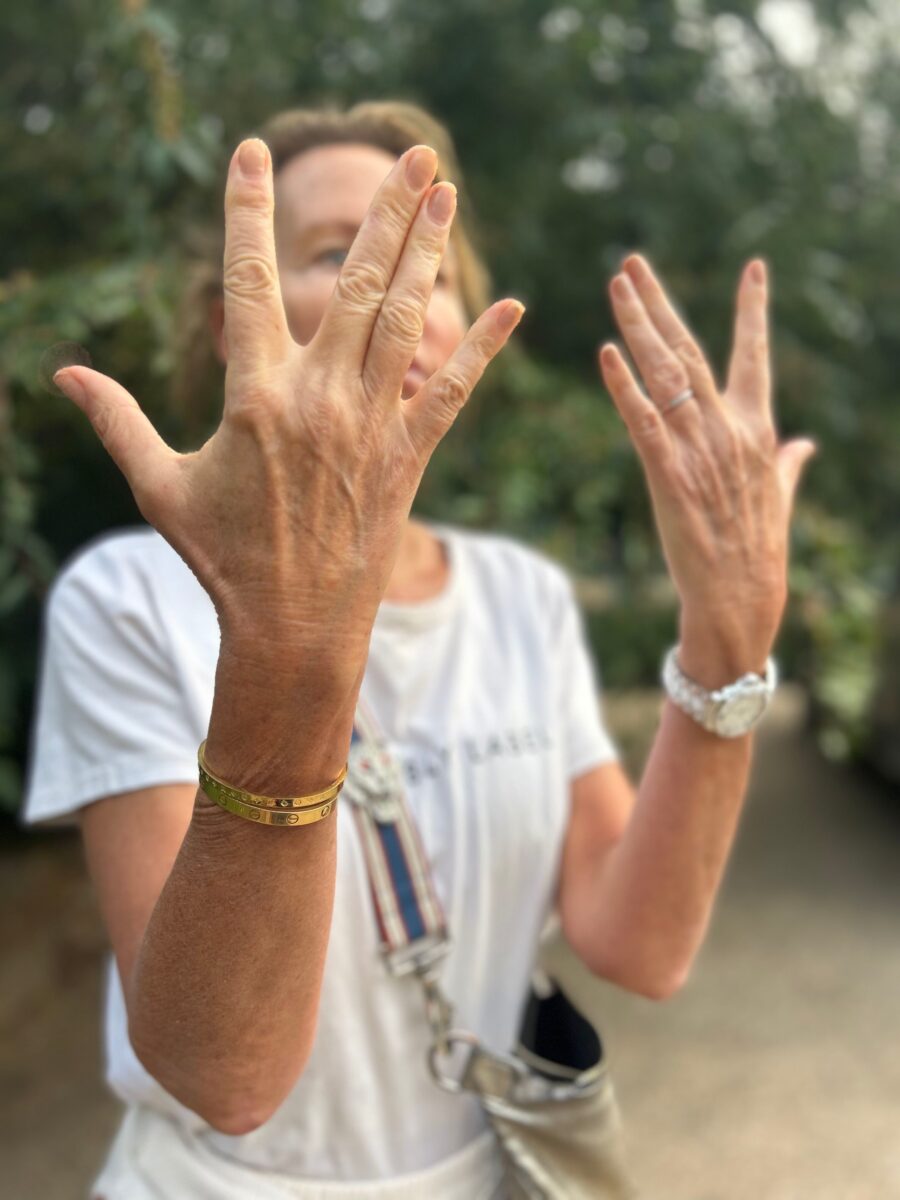Exercising the brain and mind to improve memory, focus, or daily functionality is a top priority for many older adults, which can help decrease the brain ageing process. But people of all ages can benefit from incorporating a few simple brain exercises into their daily life.
Let’s begin by reading these 11 words;
Cloud
Orange
knife
Telephone
Bowl
Egg
Cat
Needle
Window
Muscle
Coin
Neuroplasticity
Neuroplasticity is the scientific term for “states of learning, which is another way of saying adaptability. The brain is designed to be adaptable for learning and evolution, in regard to experiences, thoughts, and sensory stimulation. But over time, if we do not learn how to stimulate those neuroplastic states, our brain can easily become rigid and less adaptable. The more we intentionally exercise this capacity, the more resilient and sharper the brain becomes.
To boost brain health, engage in activities that challenge your mind and body, such as puzzles, games, physical exercise, and learning new skills, all of which can improve cognitive function and memory.
Exercise
Regular physical activity, including aerobic exercise and activities that challenge coordination, sequences and memory significantly benefits brain health by improving memory, cognitive function, and reducing the risk of cognitive decline. . This includes the poses and sequences in yogalates, the fusion of yoga and Pilates. A great example is Salute to the sun, birddog sequence, dead bug core exercise… all utilizing opposite arm and leg coordination, memory and strength.
Breath work
Breathing techniques, particularly deep and slow breathing, can positively impact brain health by reducing stress, improving focus, and enhancing cognitive function, potentially by influencing brain rhythms and activating the parasympathetic nervous system.
A favorite of mine is Box breathing.
Inhale slowly deeply for 4 counts
Hold for 4 counts
Exhale 4 counts
Hold 4 counts
Repeat x 5
Hand coordination sequences
Finger gymnastics!
Each fingertip has more than three thousand mechanics- receptors which act as a direct highway to your brain.. when you do finger exercises you improve synaptic connections and brain function .
Example flip hands opposite ways, tap the bottom of each finger with your thumb on both hands simultaneously, separate fingers into a V by squeezing pinky and ring finger together and pointer and middle finger together. Sounds simple but gets the brain thinking!
Take a different route
Don’t get stuck in a rut when it comes to your daily tasks. Instead, be willing to try new ways to do the same things.
Choose a different route to get to work each week or try a different mode of transport, like biking or using public transport instead of driving. Your brain can benefit from this simple change, and you might be surprised by how easy it is to change your thinking.
Write by hand more;
Writing notes, letters or journals stimulates the brain hand mechanoreceptors, improves memory and function.
Puzzles and Games
Crossword puzzles, Sudoku, and jigsaw puzzles: stimulate cognitive function and improve problem-solving skills.
Card games: like bridge, solitaire, or gin rummy can enhance memory and thinking skills.
Tabletop games: like chess, Scrabble, and Boggle can improve attention, focus, and strategic thinking.
Video games: can also be beneficial, especially those that require problem-solving, strategy, and memory.
Reading and learning
Reading and Learning: Read a variety of books: to challenge your brain and build vocabulary. Learn a new language or skill: to enhance cognitive flexibility and memory. Take courses or attend workshops: to expand your knowledge and engage your mind.
without looking back at the list…
Write down the words at top of page…!
A great memory game to boost brain health!!!
See you on the mat,
Lisa

